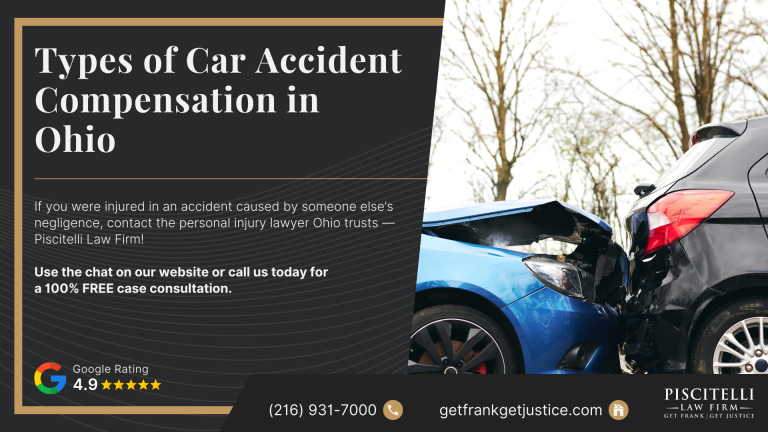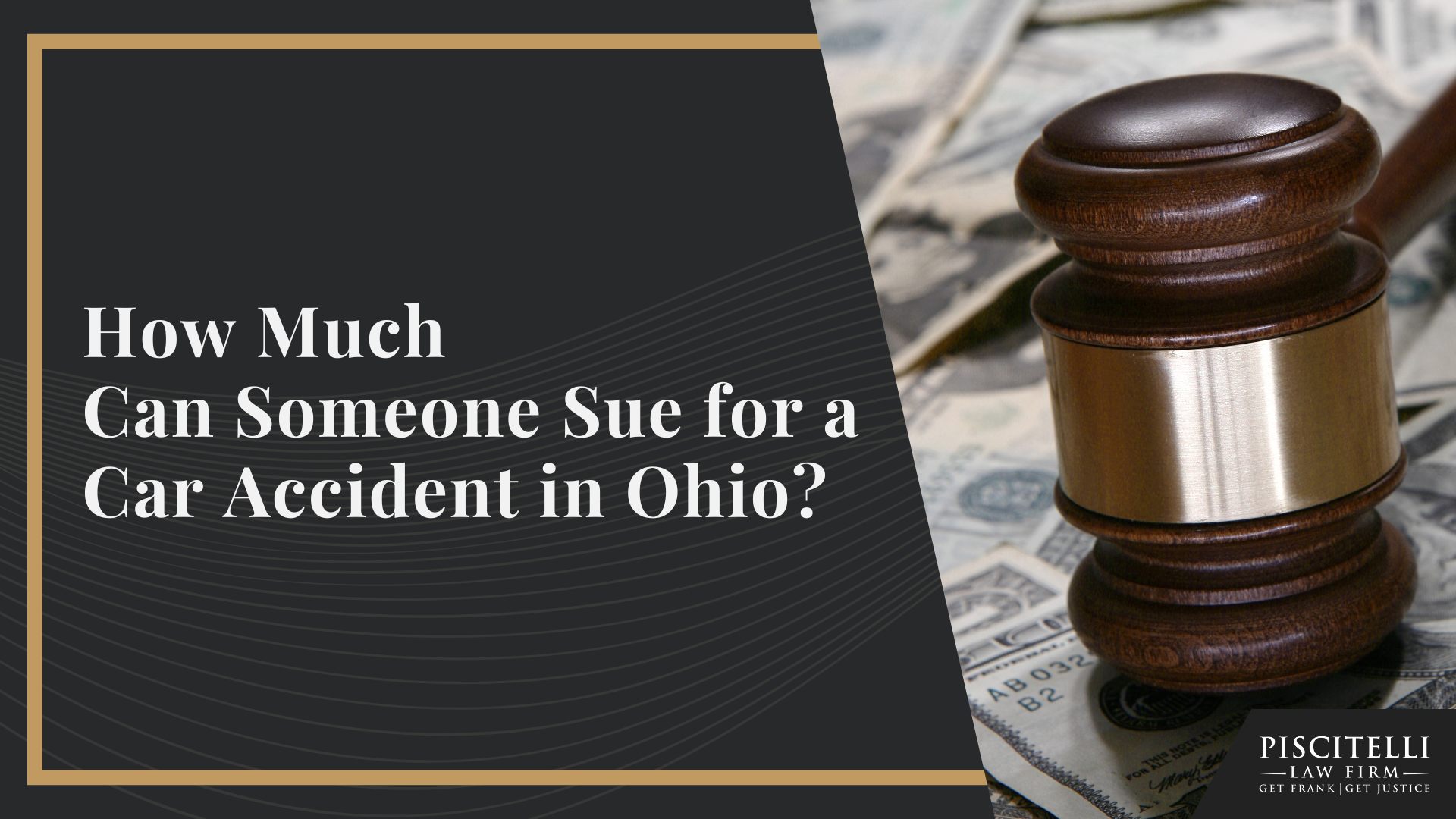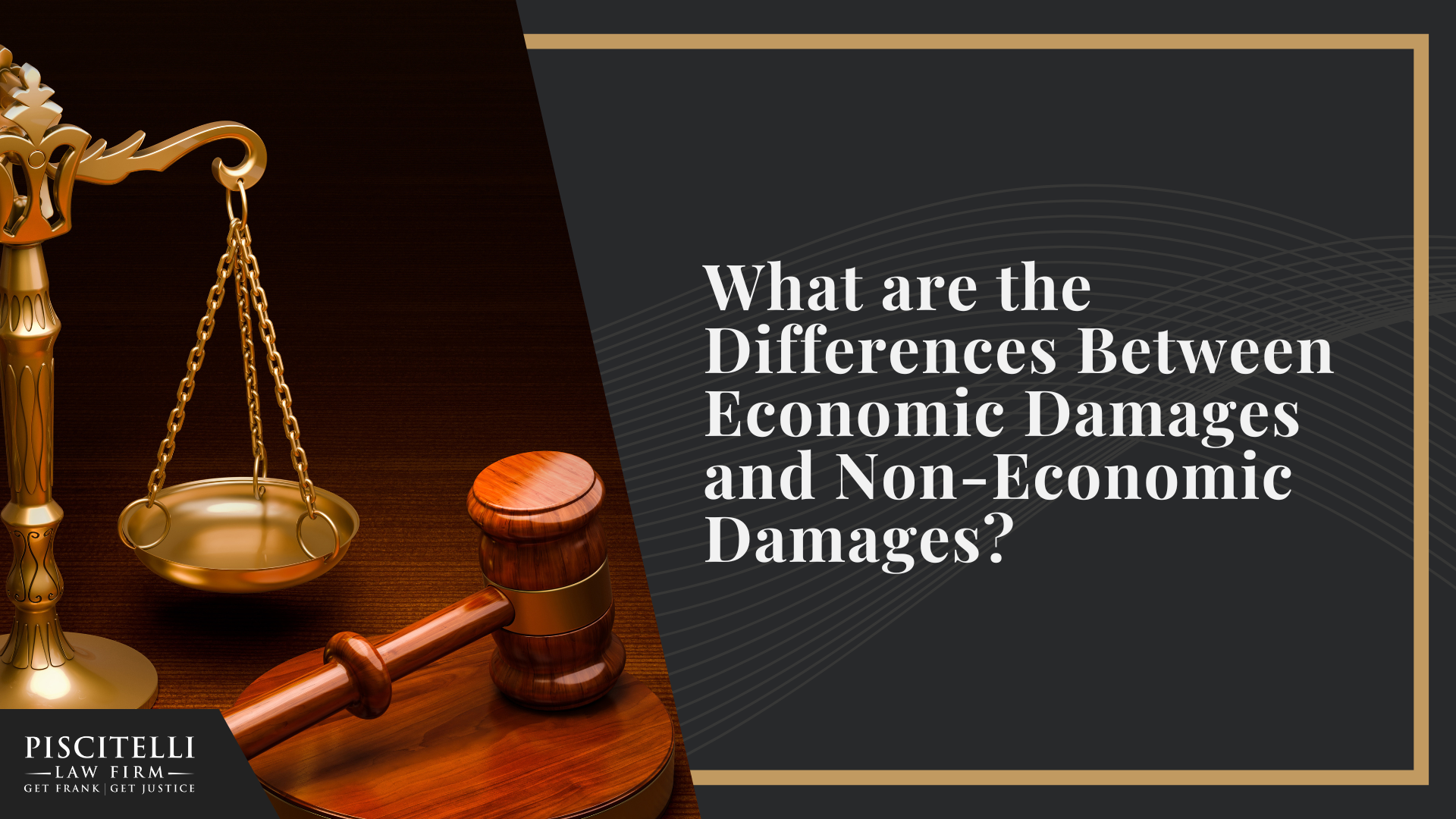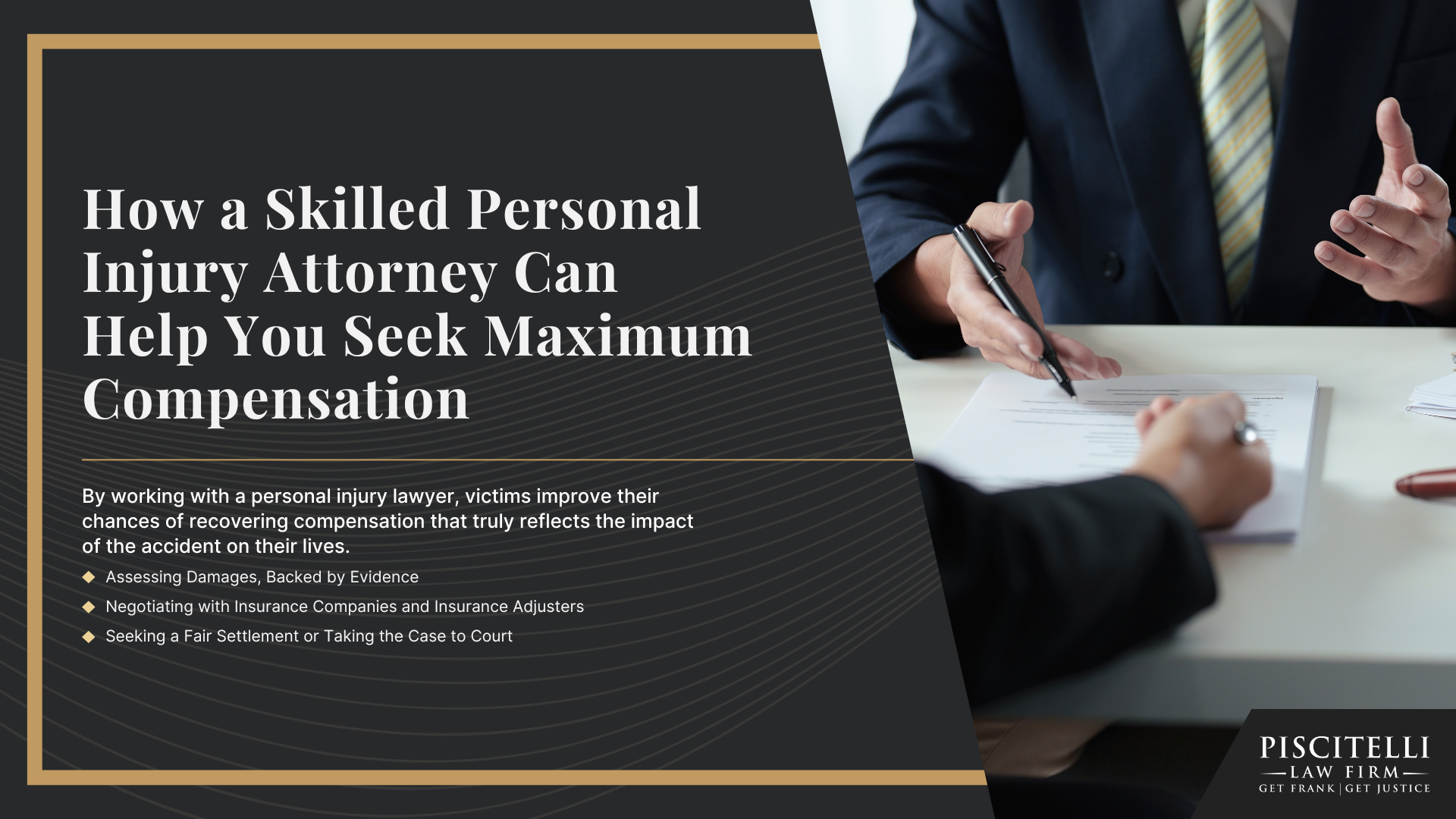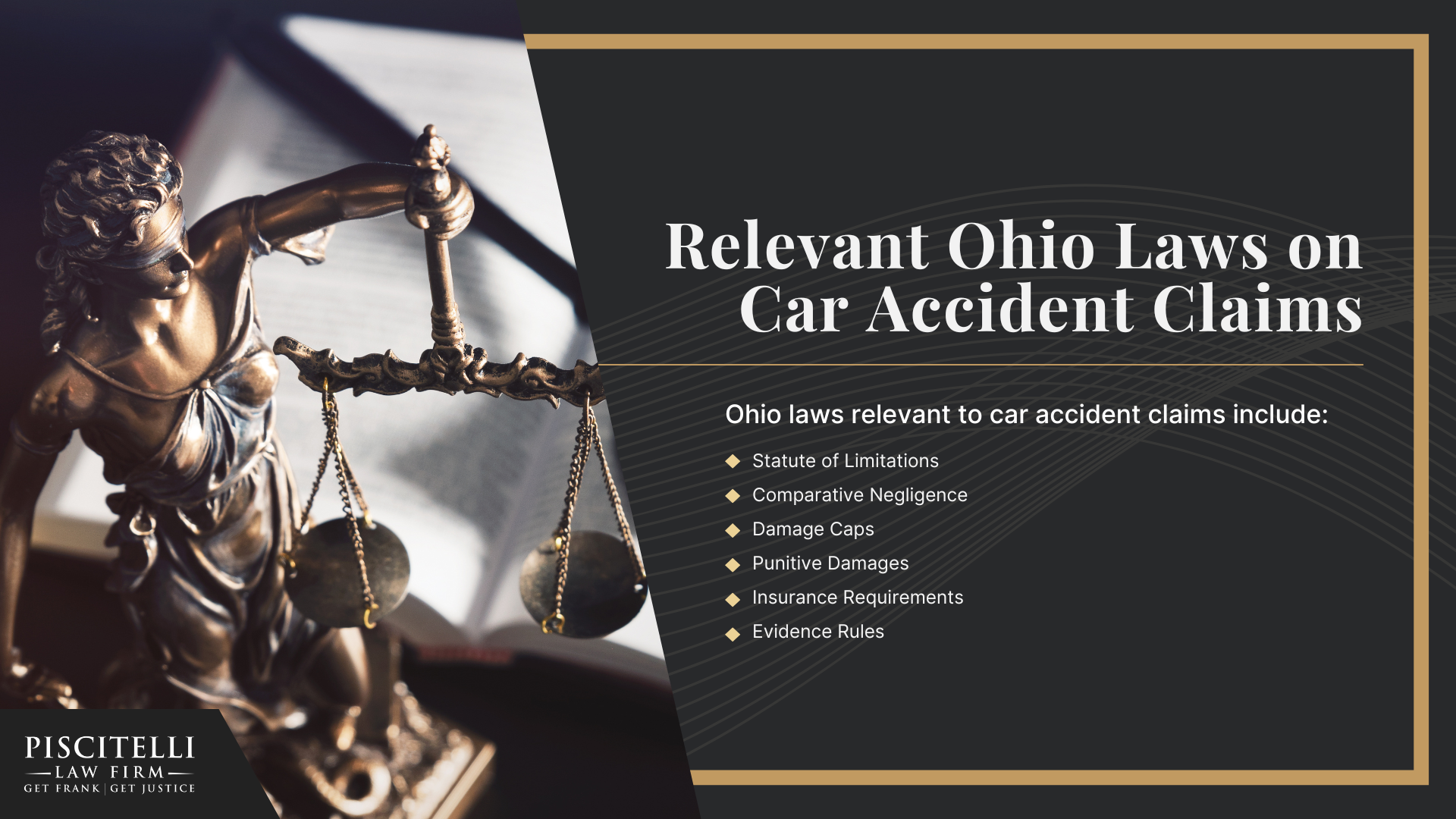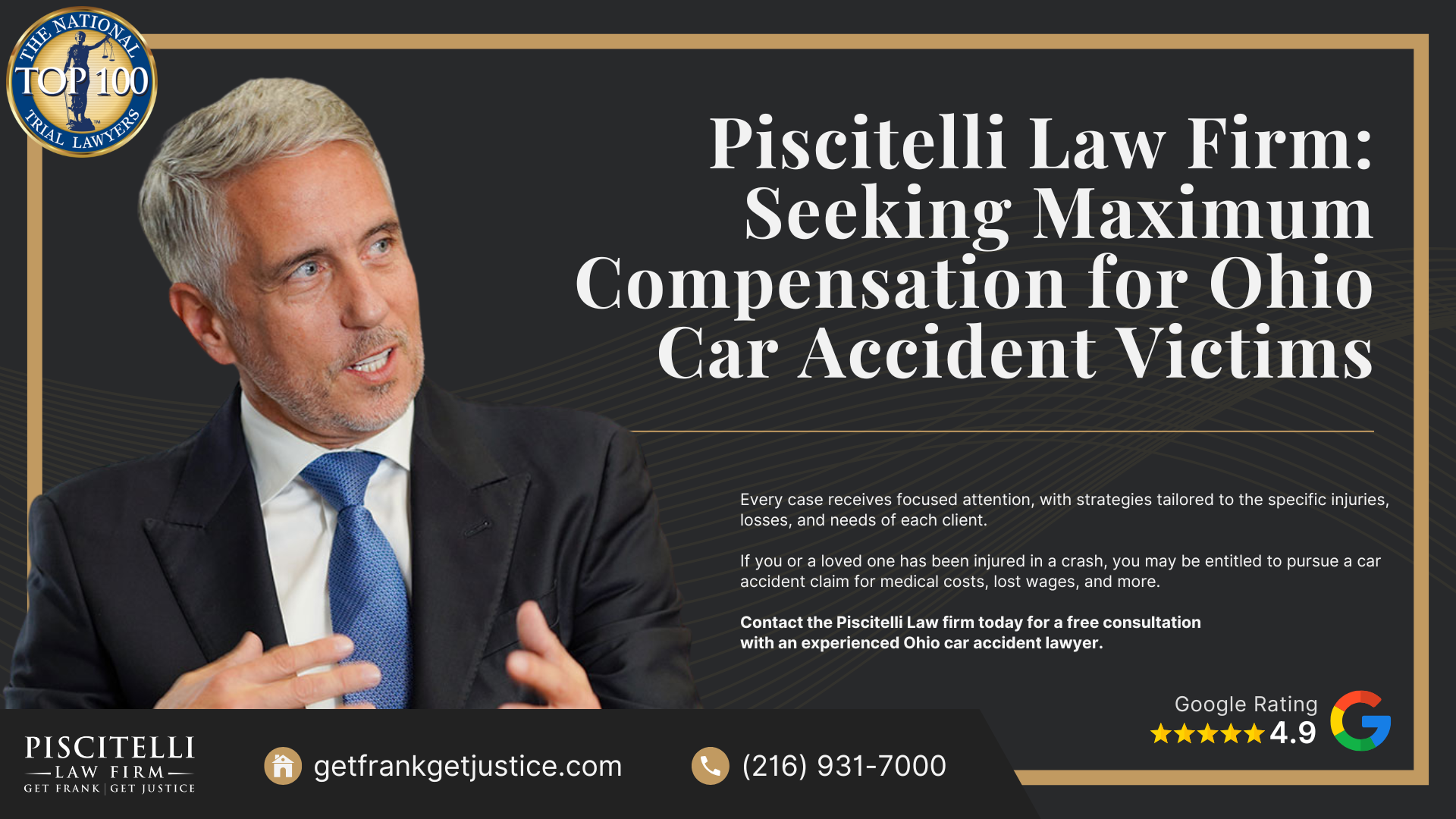Victims of car accidents in Ohio may be entitled to compensation for a wide range of damages, depending on the injuries sustained and the circumstances of the crash.
These compensatory damages are meant to help accident victims recover from both financial losses and non-economic damages like pain and emotional trauma.
Whether the crash led to minor bodily injury or permanent disability, victims can seek compensation through a personal injury claim.
This typically involves negotiating with insurance adjusters or pursuing litigation when fair compensation isn’t offered.
Insurance coverage limits, available evidence, and the presence of chronic symptoms like chronic pain or psychological trauma all influence the value of a claim.
Victims often face mounting medical care costs and lost income while trying to recover.
Involving an experienced car accident attorney early in the process can help protect your rights and maximize your recovery.
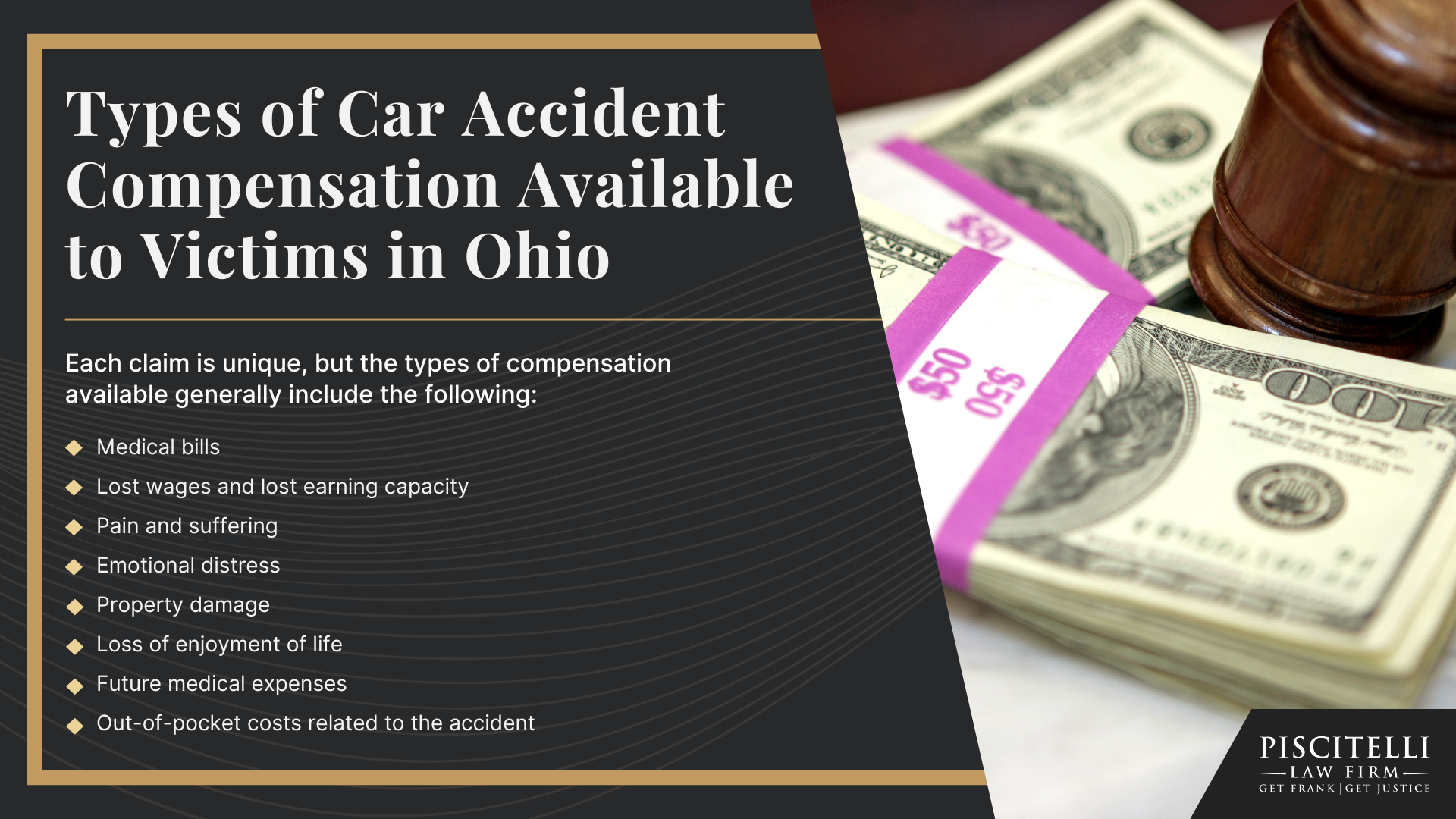
Each claim is unique, but the types of compensation available generally include the following:
- Medical bills
- Lost wages and lost earning capacity
- Pain and suffering
- Emotional distress
- Property damage
- Loss of enjoyment of life
- Future medical expenses
- Out-of-pocket costs related to the accident
Medical Bills
Medical bills are often the largest category of damages after a car crash, and they play a central role in determining the value of a personal injury claim.
Victims may be entitled to recover compensation for both past and future medical treatment, including hospital visits, surgery, physical therapy, medications, and long-term care.
The injury severity directly impacts the scope of medical costs and whether future care is needed.
While health insurance may initially cover some expenses, compensation from the at-fault party can reimburse these costs and cover any out-of-pocket amounts not paid by insurance.
Lost Wages and Lost Earning Capacity
Car accident injuries often force victims to miss work, resulting in lost income during recovery.
These lost wages can be claimed as part of a personal injury case, particularly when supported by medical records and employer documentation.
In more serious cases, the ability to return to one’s previous job (or any job) may be permanently affected, leading to claims for lost earning capacity.
An experienced car accident attorney can calculate the true value of these losses and fight for a fair settlement that reflects both immediate and long-term financial harm.
Pain and Suffering
Pain and suffering refers to the non-economic damages awarded for the physical pain and emotional distress caused by a car accident/
Victims with severe injuries often experience lasting discomfort that extends far beyond medical treatment and recovery.
These damages recognize both the immediate and physical pain after the crash and the long-term impact of severe injuries on daily life and independence.
Emotional Trauma and Distress
Car accidents often leave victims with lasting emotional challenges, especially in cases involving traumatic brain injuries.
Beyond the physical harm, survivors may struggle with anxiety, depression, or post-traumatic stress, which fall under non-economic damages like pain and suffering.
These emotional consequences can be just as disruptive as physical injuries, requiring counseling and long-term support.
Property Damage
Property damage covers the cost of repairing or replacing a vehicle and other personal items destroyed when the accident occurred.
These losses are considered economic damages, since they have a direct financial value that can be calculated.
The at-fault party or their insurance company is typically responsible for covering repair bills or the fair market value of the vehicle.
Recovering full property damage compensation often requires documentation, repair estimates, and negotiation with the insurer.
Loss of Enjoyment of Life
After a car accident, victims may no longer be able to participate in hobbies, social activities, or daily routines they once enjoyed.
Car accident injuries that lead to permanent disability can cause lasting limitations, even after extensive medical treatment.
Unlike lost wages or medical costs, these damages focus on how pain and suffering reduce overall quality of life following a serious accident.
Out-of-Pocket Costs Related to the Car Accident
In a car accident case, victims often face expenses that are not fully covered by an insurance company or a car accident settlement.
These costs can arise while a car accident claim is pending, leaving victims to pay upfront for essential needs tied to the incident.
Depending on the at-fault party’s responsibility, many of these out-of-pocket expenses may later be recovered as part of the car accident settlement.
Examples of out-of-pocket costs include:
- Transportation to and from medical appointments
- Prescription medications are not fully covered by insurance
- Medical expenses for specialized equipment like crutches or wheelchairs
- Rental car fees while the damaged vehicle is being repaired.
- Childcare or home care services during recovery
- Travel expenses for out-of-town medical treatment
- Increased household costs linked to the car accident injury

